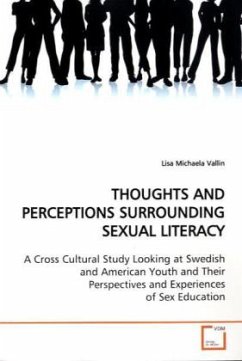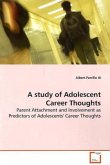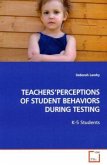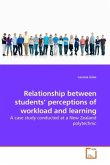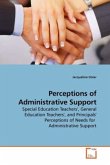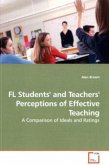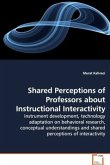The United States and Sweden today are often
described as opposites in regards to sex and
sexuality. In 1955, Sweden became the first nation to
implement mandatory, national sex education in the
public schools. Since then, the country has been
widely recognized for its open and progressive views
of sex and sexuality. In contrast, controversy exists
in the U.S. as to what is appropriate sex education.
Contemporary Sweden has received severe criticism
from a number of scholars and institutions about
teaching a narrow sex education. This research
examine two groups of young students, their
perspectives and experiences of sex education and the
process of developing sexual literacy using a
mixed-methods approach: a combination of surveys and
in-person semi-structured interviews. Although this
research is based on a convenience sample, the
outcome of the study challenges the notion that
Swedish sex education is more progressive than
American. The findings of this research also support
the concept of sexual literacy as a model to reframe
sexuality education using a holistic approach
focusing on pleasure, happiness, desire and wellness.
described as opposites in regards to sex and
sexuality. In 1955, Sweden became the first nation to
implement mandatory, national sex education in the
public schools. Since then, the country has been
widely recognized for its open and progressive views
of sex and sexuality. In contrast, controversy exists
in the U.S. as to what is appropriate sex education.
Contemporary Sweden has received severe criticism
from a number of scholars and institutions about
teaching a narrow sex education. This research
examine two groups of young students, their
perspectives and experiences of sex education and the
process of developing sexual literacy using a
mixed-methods approach: a combination of surveys and
in-person semi-structured interviews. Although this
research is based on a convenience sample, the
outcome of the study challenges the notion that
Swedish sex education is more progressive than
American. The findings of this research also support
the concept of sexual literacy as a model to reframe
sexuality education using a holistic approach
focusing on pleasure, happiness, desire and wellness.

